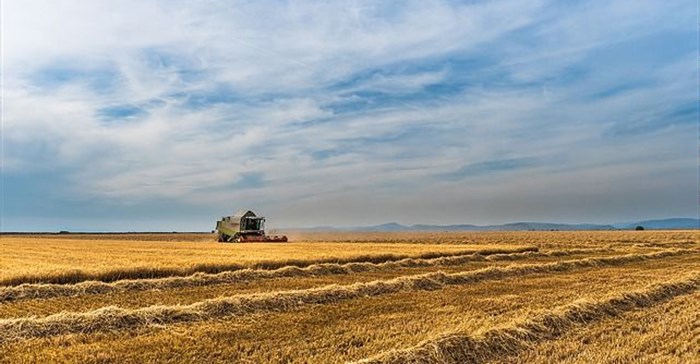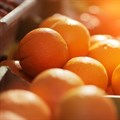Subscribe & Follow
Trending
A negative fourth quarter GDP 2022 outcomes as expected, but not a serious concern

Agriculture was one of the seven industries that recorded negative growth, coming in down by 3.3% quarter-on-quarter with an overall 2022 growth of just 0.3% year-on-year which is way below the Covid-19 pandemic levels of 14.9% and 8% in 2020 and 2021, respectively.
However, the revised agriculture GDP estimates showed a massive upswing of 11.3 percentage points from 19.2% previously to a whopping 30.5% quarter-on-quarter in the third Q2022 underpinned by good harvest of grains and oilseeds as well as horticulture crops amid elevated commodity prices. For grains and oilseeds, harvest delays in the June quarter saw the bulk of the process being completed in the third quarter.
The contraction in activity in the fourth Q2022 agriculture GDP was underpinned by a downturn in activities in the field crops and horticulture products. This coincided with the onset of the summer crop season which saw the planting season and the tailing-off of the winter crop season. For summer crops, the planted area under the country’s biggest crop which is maize decreased by 1.5% year-on-year to 2.58 million hectares. All this more than offset the rebound in activity in the livestock sector after the FMD-induced hiatus (foot-and-mouth disease) in the third Q2023 which saw livestock slaughtering rising by 10.4% quarter-on-quarter.
Nonetheless, all is not bad as there are some positives such as the 4% year-on-year jump in foreign agriculture earnings to US$12.8bn, a new record high underpinned by strong commodity prices.
The year 2022 was challenging for the agriculture sector due to trade distortions in terms of imposition of uncompetitive phytosanitary measures on citrus from the EU (new rules on false coddling moth), global and domestic logistics challenges, inclement weather, rising interest rates, higher input costs, as well as outbreaks of the food and mouth disease (FMD) that halted exports although temporarily.
The outbreak of foot-and-mouth disease (FMD) curtailed exports with wool exports to China temporarily halted as it is a notifiable disease in terms of the World Organisation for Animal Health (OIE). SA’s biggest citrus market unilaterally imposed new rules on False Codling Moth (FCM) despite rigorous control measures that were already in place that came at a huge cost to the producers.
A further positive note is that the 2022/23 crop season seems set to close on a positive note with good rains boosting the crop outlook. The first crop estimate indicates a 2.7% increase in overall grain and oilseed production for the season with maize output up 1% year-on-year to 15.62 million tonnes despite a contraction in the planted area. Citrus will see another good harvest with record volumes earmarked for exports, hopefully, aided by the declining shipping costs and the improvement in logistics.

















